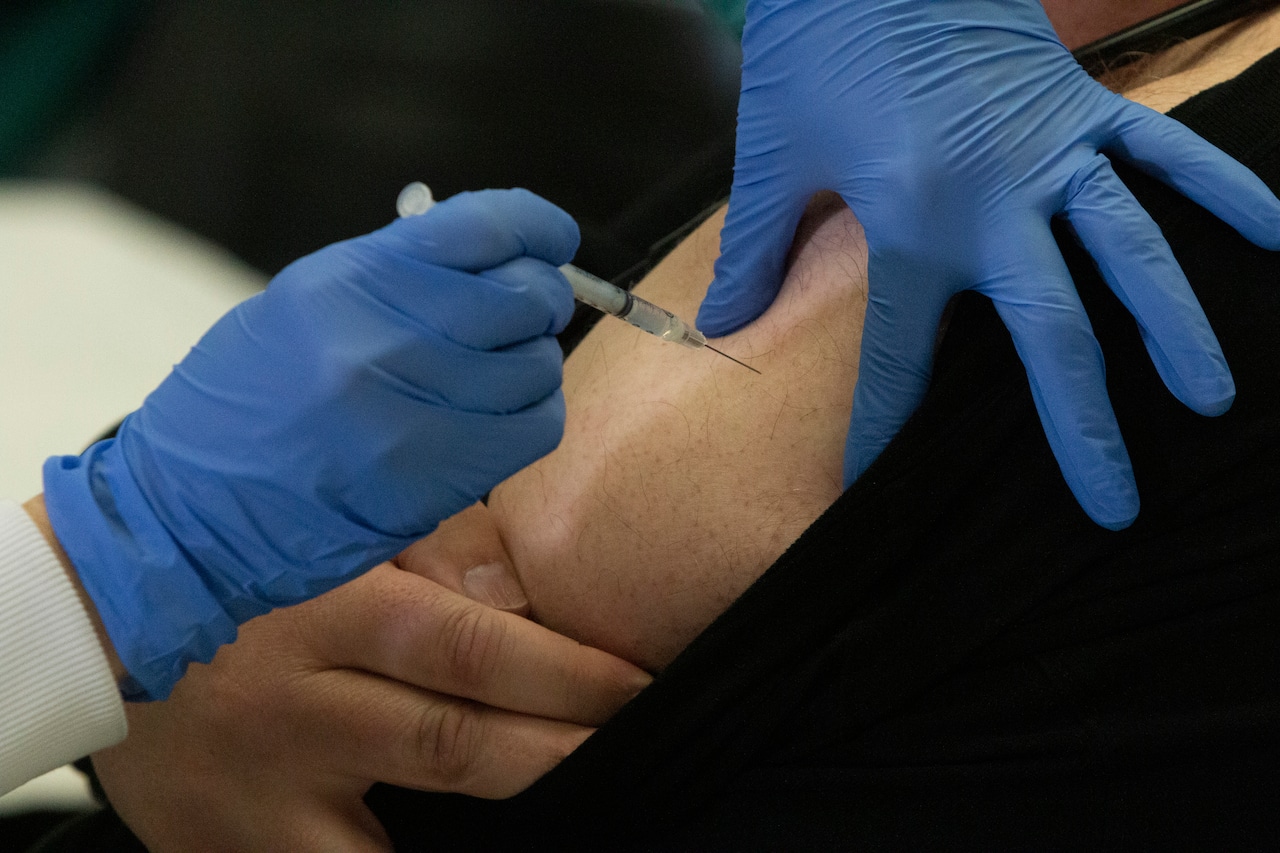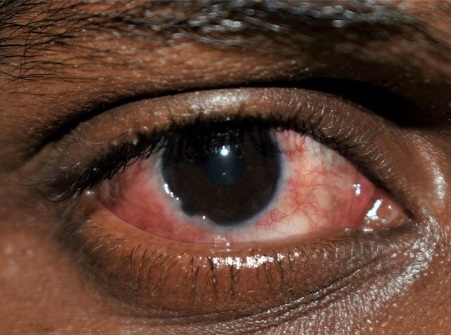Copyright cleveland.com

COLUMBUS, Ohio -- Years after Gov. Mike DeWine faced pushback from the right-wing of his party on his administration’s pandemic-era public health orders, two Ohio Republican state lawmakers have introduced a bill to protect those who object to health policy. The legislation would prohibit discrimination against individuals who refuse vaccines, masks, or other medical interventions based on their religious or conscientious objections. “We as a legislative body have failed to protect the citizens as their freedoms were being held in contempt during the height of vaccine mandates,” Rep. Jennifer Gross, a West Chester Republican, said this week. Gross was providing sponsor testimony for House Bill 112, which received its first hearing in the House Judiciary Committee on Wednesday. Rep. Beth Lear, a Galena Republican and co-sponsor, also urged for support. Gross, a board-certified family nurse practitioner, is no stranger to controversy surrounding her vaccine opposition. In 2021, Gross invited Dr. Sherri Tenpenny to testify in support of her bill that occupied a similar lane, the “Vaccine Choice and Anti-Discrimination Act.” Tenpenny’s testimony was rife with inaccurate and bizarre claims about the purported dangers of the COVID-19 vaccine, including that vaccinated people become “magnetized.” After Tenpenny testified, some 350 people filed complaints against her with the State Medical Board, which suspended her license in August 2023 after she failed to cooperate with the board’s investigation. The board reinstated her license in April, noting that she complied with the investigation and paid a $3,000 fine. Lear explained during her sponsor testimony on Wednesday that the new proposed legislation protects any adult‘s decision to decline any biologic vaccine, pharmaceutical drug, gene editing technology, RNA or DNA based product, mask that is not being used for a medical or dental procedure, and any medical device used for tracking or storing personal information, for “reasons of conscience,” including religious convictions. Any adult who refuses those medical interventions would not be allowed to be denied employment, public or medical service, or access to commerce. Lear said that the bill “prohibits segregation of the individual, financial coercion, or labeling or treating the Ohioan in a way that identifies they have refused a medical intervention or device.” The bill also provides injunctive relief to individuals who can prove that they were discriminated against. Lear testified that the bill would not apply to any K-12 educational law in the state, given that Ohio law already allows for immunization exemptions for conscientious religious and medical exemptions for children. However, the bill does add some provisions pertaining to minors, stating they cannot be denied medical care, including organ transplants, if their parents or guardians decline vaccination for conscience-related reasons. The bill is pending in the House Judiciary Committee where it could receive more hearings, but its ultimate fate is unclear. At Wednesday’s hearing committee members from both parties raised concerns about the legislation’s scope and the potential for unintended consequences.



